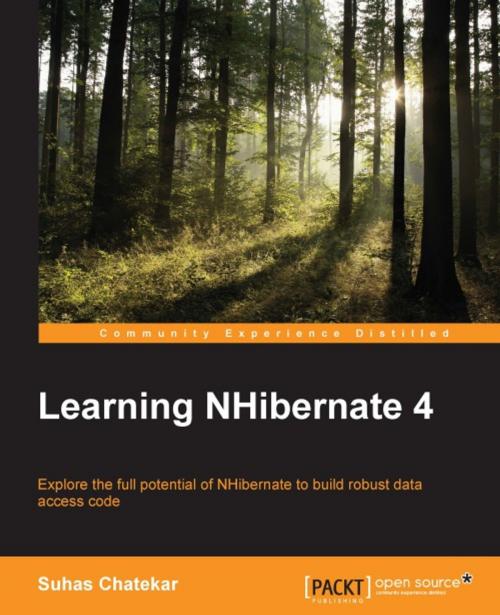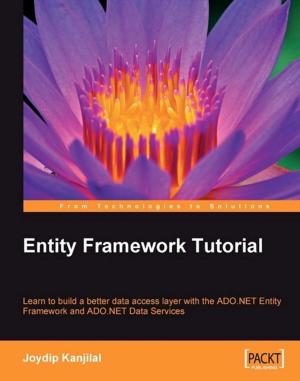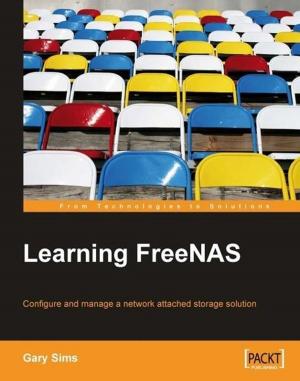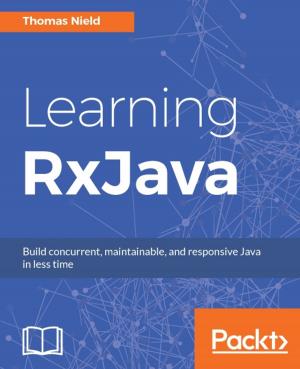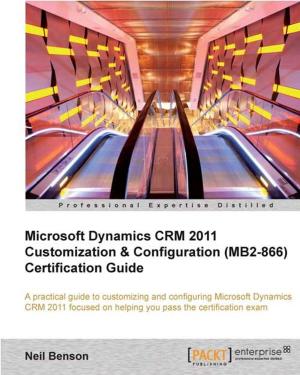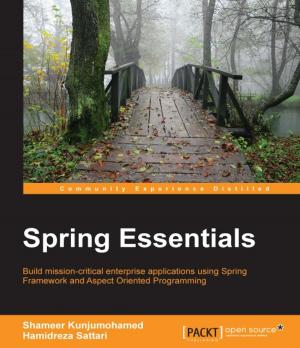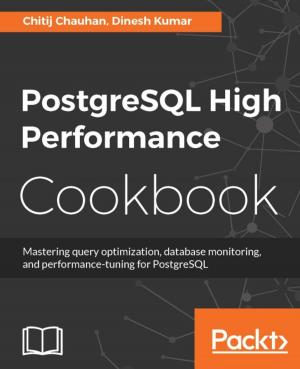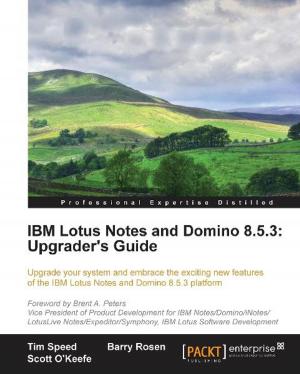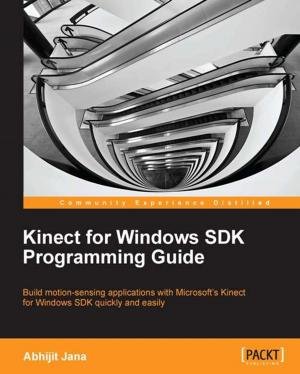Learning NHibernate 4
Nonfiction, Computers, Programming, Object Oriented Programming, Software Development, Internet| Author: | Suhas Chatekar | ISBN: | 9781784392062 |
| Publisher: | Packt Publishing | Publication: | July 31, 2015 |
| Imprint: | Packt Publishing | Language: | English |
| Author: | Suhas Chatekar |
| ISBN: | 9781784392062 |
| Publisher: | Packt Publishing |
| Publication: | July 31, 2015 |
| Imprint: | Packt Publishing |
| Language: | English |
Connecting the object-oriented world of .NET to the relational world of databases has always been fiddly but with the onset of ORMs such as NHibernate, developers have finally got some relief in this area.
You will begin with a bird's eye view of NHibernate, touching upon its core concepts. You will define domain model and map it with database schema using different techniques. You will then look into multiple ways of storing domain entities in a database and learn important concepts such as transitive persistence, transactions and unit of work. This will be followed by retrieving data from database. Next, you will optimize your code, explore concepts such as the onion architecture, and learn where NHibernate fits best in an application's architecture. After introducing a well-known repository pattern into our application, you will learn to deal with legacy databases. We will conclude with infrequently used features such as stateless sessions, the second level cache, concurrency, and so on, which might come handy.
Connecting the object-oriented world of .NET to the relational world of databases has always been fiddly but with the onset of ORMs such as NHibernate, developers have finally got some relief in this area.
You will begin with a bird's eye view of NHibernate, touching upon its core concepts. You will define domain model and map it with database schema using different techniques. You will then look into multiple ways of storing domain entities in a database and learn important concepts such as transitive persistence, transactions and unit of work. This will be followed by retrieving data from database. Next, you will optimize your code, explore concepts such as the onion architecture, and learn where NHibernate fits best in an application's architecture. After introducing a well-known repository pattern into our application, you will learn to deal with legacy databases. We will conclude with infrequently used features such as stateless sessions, the second level cache, concurrency, and so on, which might come handy.
